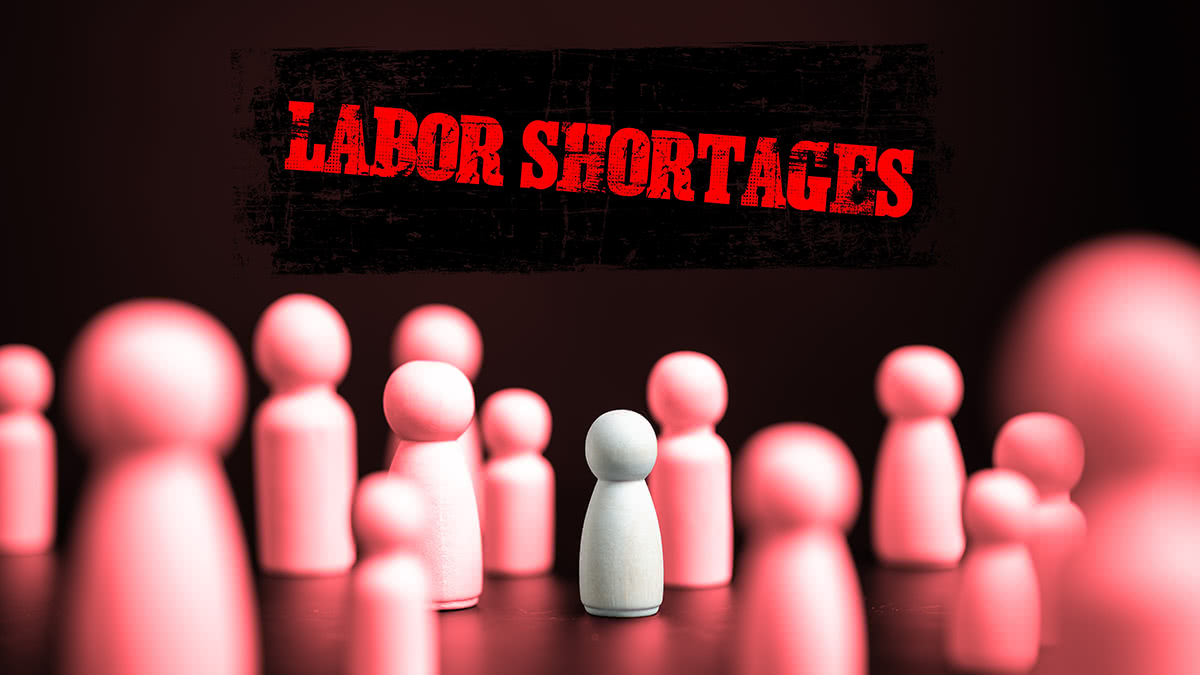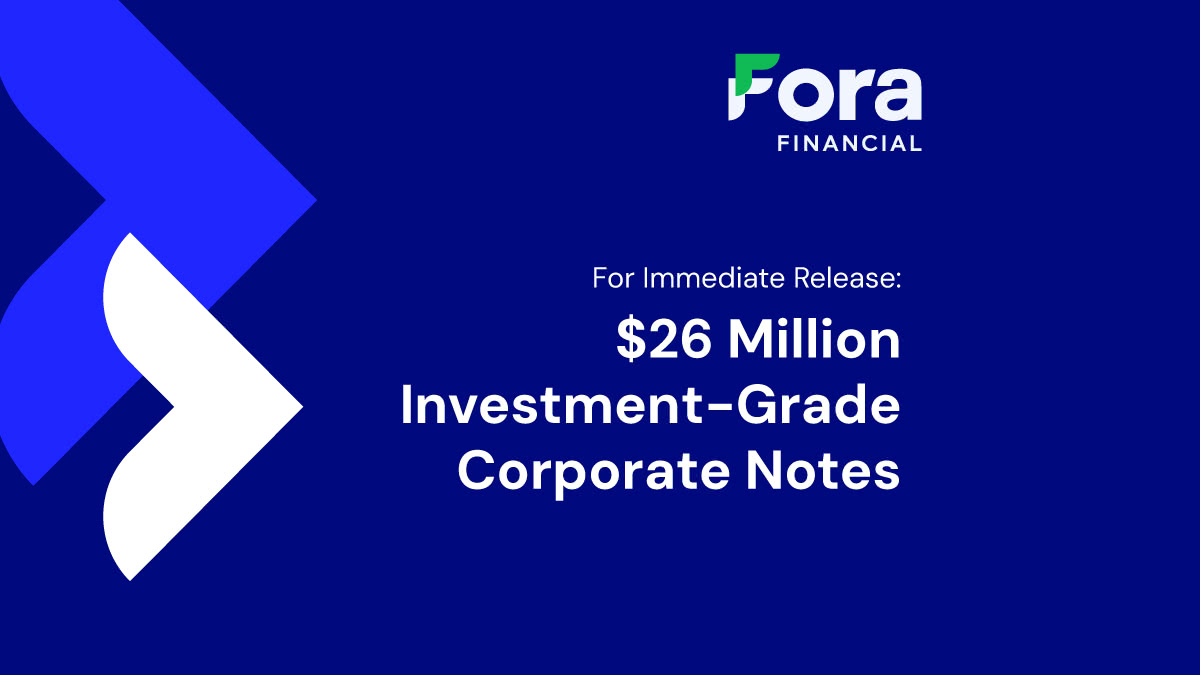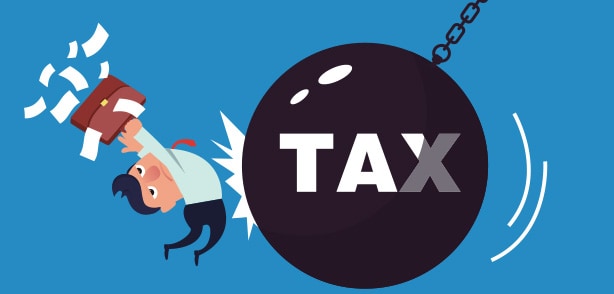The Pros and Cons of Invoice Factoring for Business Owners

When your small business has low cash flow due to outstanding invoices, invoice factoring can be a quick and easy solution.
Although it can be frustrating to wait for customers to pay off their remaining balances, qualifying for invoice factoring is a viable solution. Invoice factoring loans are a great option for business owners that need financing while they wait for customer payments.
In this post, we’ll explain what invoice factoring is and review the benefits and drawbacks of this financing option. By the end of this post, you can determine if it’s the right type of business financing for your company.
What is Invoice Factoring?
Unlike a business loan, invoice factoring creates an increase in cash with money that’s already owed to your business by customers.
The basic factoring payment process is simple:
First, you'll sell your outstanding invoices to a factoring company that pays a lump sum, usually between 70 and 90 percent of the invoice total.
Once the invoices are sold to a factoring company, the money will be sent to your bank account and can be used immediately for working capital. This can be particularly helpful because instead of having to wait for customers to pay your business, you'll receive money in a matter of days from an invoice factoring company!
Then, the task of collecting outstanding invoices will belong to the factoring company.
It’s important to note that the company will charge a factoring fee (or discount rate) for the service, often a percentage of the invoice amount.
Even though working with an invoice factoring company can be beneficial to small business owners, there are also downsides that come with it. You should weigh the pros and cons prior to applying for invoice factoring, so keep reading to see if this is the best option for your business!
What Are the Pros of Invoice Factoring?
As previously mentioned, the most notable benefit of invoice factoring is that you can receive the money owed to your business without having to wait for customers to pay you back. Below, you’ll find other specific benefits that come with invoice financing:
1. Immediate Cash Flow
When applying for a bank loan, it can take months to be approved. Then, it can take additional time to actually receive the financing once you receive your approval status.
In comparison, invoice factoring gives you access to fast cash (in some cases, you can get same day funding), so you can keep your business running smoothly.
This is an especially viable option if your business is in the following situations:
You have short term financing needs
You have an emergency need and can’t afford to wait weeks or months to get approved
You don’t want to wait for your customers to pay you back (in some cases, you may need to wait 30 days to 90 days to receive payment).
2. Ongoing Cash Flow
Invoice factoring doesn’t need to be a one-time financing option. You can build a relationship with your factoring services company that will continue if it makes sense for your business. Maintaining cash flow won’t be a problem because you won’t have to wait for invoices to be paid before you have money in your bank account each month.
3. Better Chance of Getting Approved
Collateral, credit score, and loan history aren’t major factors in determining your ability to use invoice factoring. Typically, the factoring company will be most concerned with looking at the payment history of your customers because this indicates the amount of risk they’re taking on.
Therefore, if your credit score is low or your financial history includes other red flags, invoice factoring still might be a feasible option.
4. Ability to Outsource This Task
Let’s face it — keeping track of outstanding invoices and contacting customers is time consuming. Due to this, delegating those tasks to another company will take a major task off your plate. You’ll have more time during the business day to deal with other responsibilities, while the factoring company sets terms and contacts customers for payment.
5. No Collateral Required
The invoices themselves act as collateral, so you won’t have to worry about submitting real estate, equipment, or other costly forms of collateral.
6. Improved Customer Relationships
Some of your responsibilities as a business owner can be frustrating and difficult. Debt collection is one of those tasks.
By handing over this responsibility to a small business factoring company, you don’t have to look like the bad guy when it comes to collecting money. This can help maintain strong, positive relationships with customers. Hopefully, it will enable you to create longer-lasting client relationships, too!
What Are the Cons of Invoice Factoring?
Although it’s understandable that you want to receive the money that’s owed to your business, invoice factoring can come with some financial and operational disadvantages.
1. The Cost
The fees associated with this type of financing can be limiting. Typically, a factoring company will charge between 1 and 5 percent of the total invoice amount in service fees. Due to this, you’ll need to decide if the tradeoff for immediate cash is worth the loss.
If your business is on a tight budget, it might make sense to wait for customer payments instead of receiving invoice factoring at an additional cost.
2. Liabilities
It’s important to know that you may be responsible for unpaid invoices. Invoice factoring companies don’t act as collections agencies, and they most likely won’t take extra time to track down late paying customers.
If you have a recourse invoice factoring agreement, you’ll be responsible for paying for those unpaid invoices, or trading in a different invoice of the same amount to cover the cost.
3. Dependency on Customers
When determining eligibility for invoice factoring, the factoring company will look at your customers’ payment history to calculate the risk of taking on your invoices.
If your customers have a habit of not paying you on time, the factoring company will assume they won’t be paid on time either. Due to this, they’ll be less likely to take on your invoices, because it may be too much risk.
4. Lack of Control
Invoice factoring involves handing over complete control of your invoices to an invoice factoring company. Some business owners don’t like this, because they don’t want another company having access to their financial information.
Before applying for invoice factoring, you should ensure that you’re comfortable with that company and their financial practices. If you choose a reputable factoring company, you should be confident that the process will go smoothly.
Invoice Factoring vs. Invoice Financing
Now that you’ve learned about the ins and outs of invoice factoring financing, it’s important that you also know about invoice financing, which is a similar option.
With invoice financing, also known as accounts receivable financing, your invoices are purchased by the lender, but you must pay a percentage of the customer’s balance.
Then, the invoice financing company will work on collecting the customer’s payment. Once they receive it, the remaining amount is factored back to your business. This amount won’t include origination fees that were acquired.
Both invoice factoring and invoice financing can be beneficial, but it’s important to determine which method makes more sense for your company. If you want more control over collecting your outstanding balances, invoice financing might be the best choice. However, if you want to avoid spending time contacting your customers about their outstanding balances, factoring could be a better option.
Conclusion: Is Invoice Factoring Right for Your Business?
Not every business financing solution works well for all small businesses. While invoice factoring might be great for some businesses, your company should also explore other funding options such as:
Small business loans
Merchant cash advances
SBA loans
Lines of credit
Business credit card
Invoice factoring works well for business owners that require fast funding, have reliable customers that pay their invoices on time, and can afford the fees that come with selling invoices to a third party. If this sounds like your business, you might benefit from an invoice factoring solution!
Editor’s Note: This post was updated for accuracy and comprehensiveness in January 2022.
Since 2008, Fora Financial has distributed $4 billion to 55,000 businesses. Click here or call (877) 419-3568 for more information on how Fora Financial's working capital solutions can help your business thrive.






